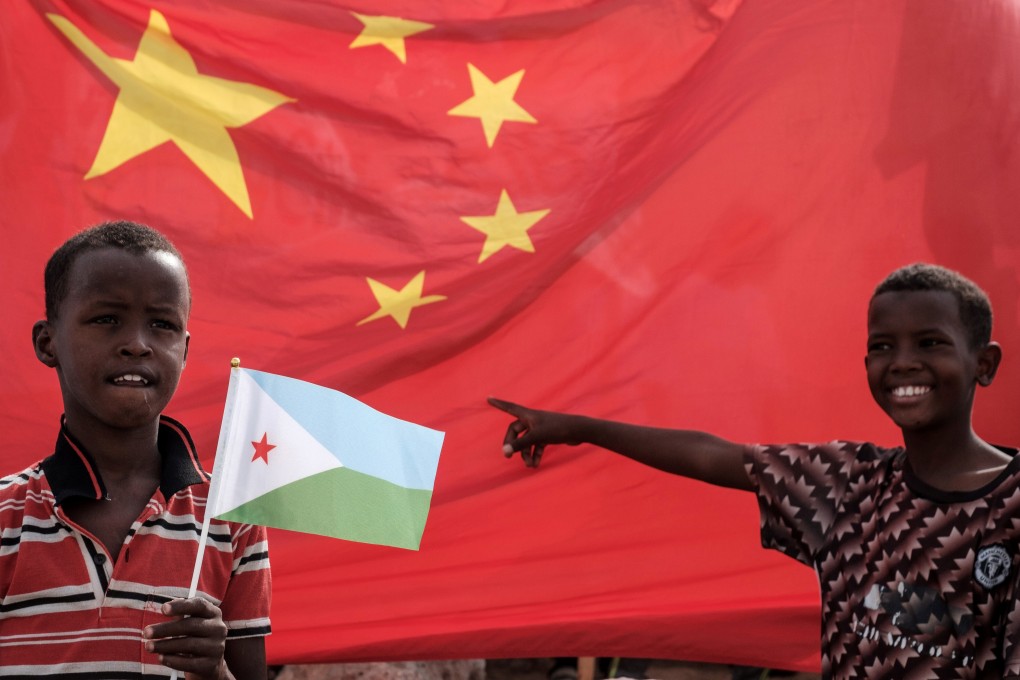Advertisement
China-Africa relations: Beijing says it will help pay for world’s largest free-trade zone
- Beijing will provide ‘cash assistance and capacity-building training’ for the African Continental Free-Trade Area, Chinese Foreign Minister Wang Yi says
- Zone, which is set to open for business next year, spans 55 nations with a combined economy of US$3.4 trillion and 1.3 billion consumers
Reading Time:2 minutes
Why you can trust SCMP

China says it will help to finance the development of an Africa-wide free-trade area, which on completion will be the world’s largest, spanning 55 nations with a combined GDP of US$3.4 trillion and about 1.3 billion consumers.
Speaking on Thursday at an event to mark the 20th anniversary of the Forum on China-Africa Cooperation (FOCAC), Chinese Foreign Minister Wang Yi said Beijing welcomed the development of the African Continental Free-Trade Area (AfCFTA) and “will provide cash assistance and capacity-building training to its secretariat”.
China would also continue to invest in infrastructure and industrial projects in Africa via its Belt and Road Initiative, and open up its market of 1.4 billion consumers to African products, he told the more than 150 guests, including several African ambassadors to China, who attended the event in Beijing.
Advertisement
China and Africa needed to deepen free-trade cooperation and improve the connectivity of industrial and supply chains so that “Africa can better access the vast China market and join the international economic circulation”, Wang said.
The free-trade area, which has its headquarters in the Ghanaian capital Accra, is expected to come into effect next year, after being delayed by the coronavirus pandemic. All but one of the 55 members of the African Union – Eritrea – have signed the deal, while 30 have both signed and ratified it.
Advertisement
Advertisement
Select Voice
Select Speed
1.00x